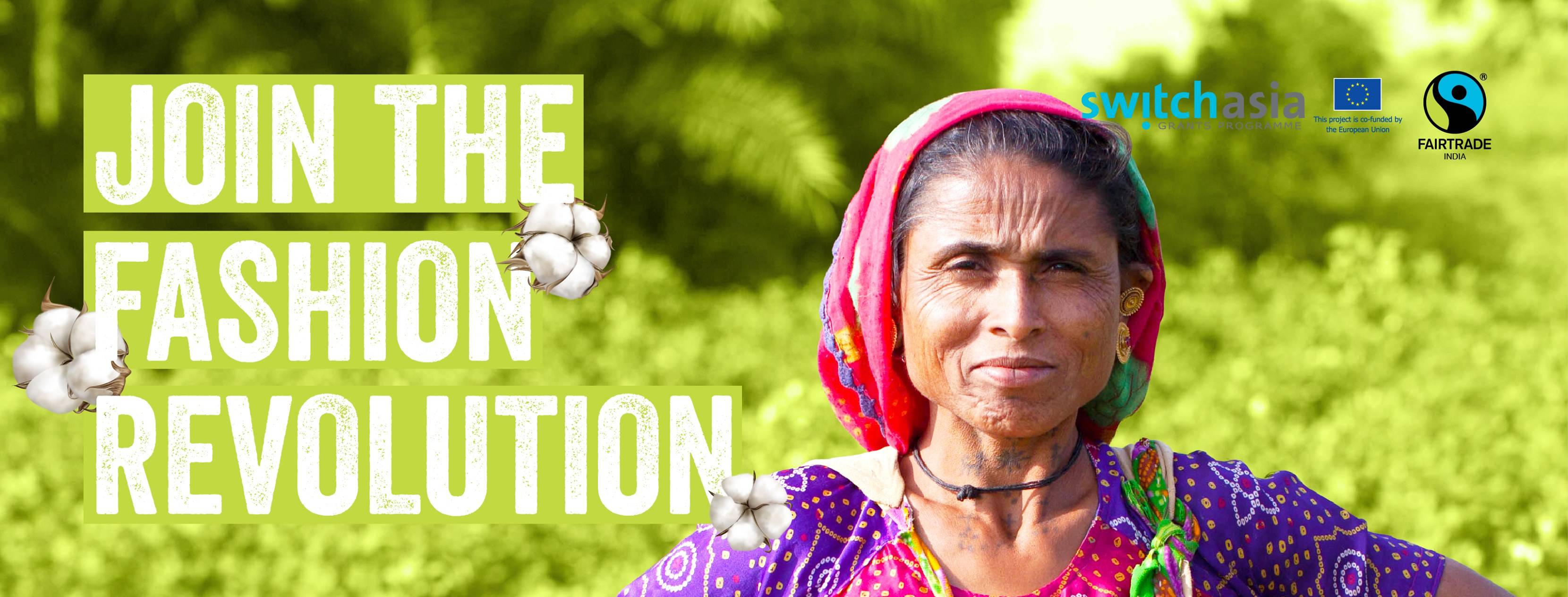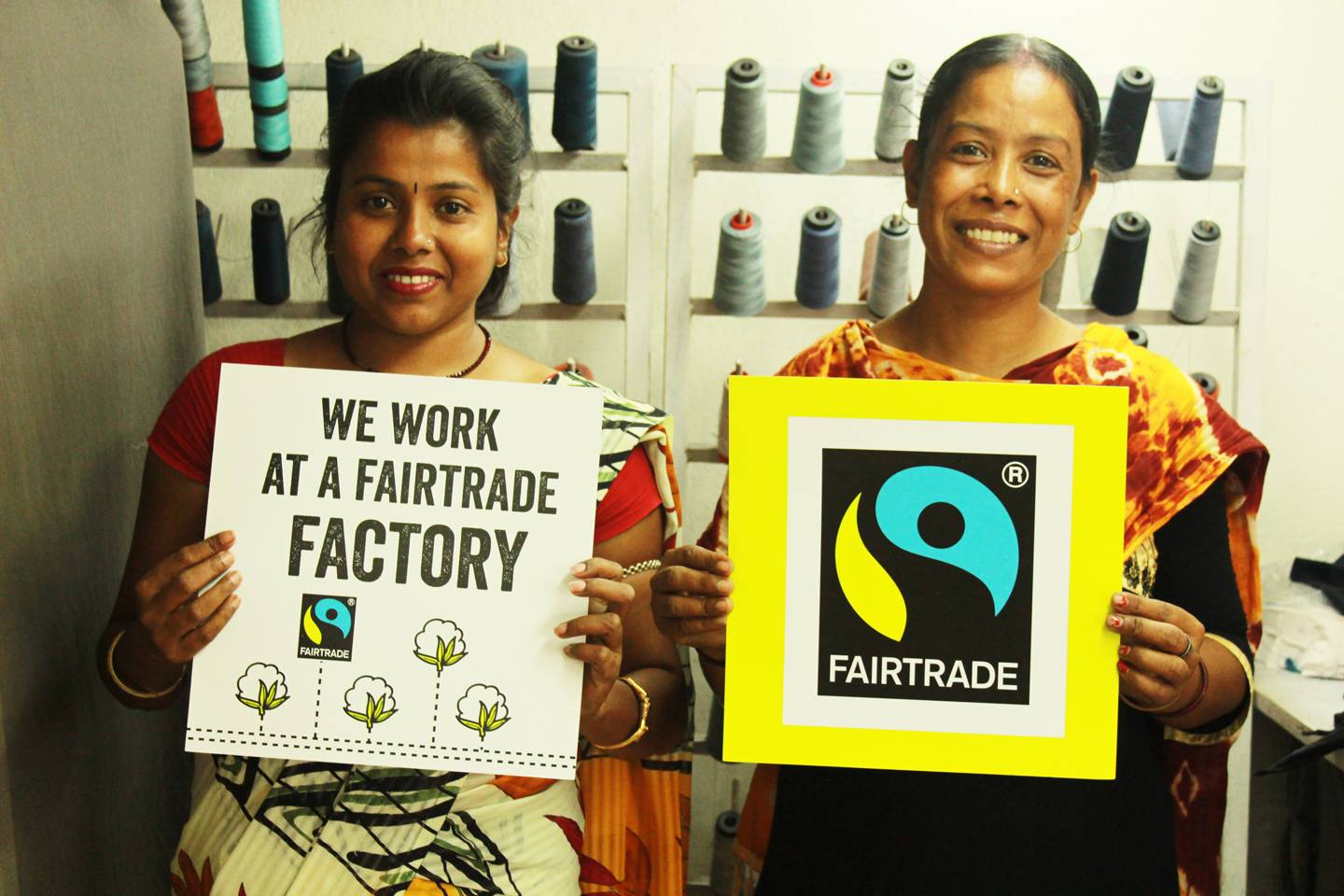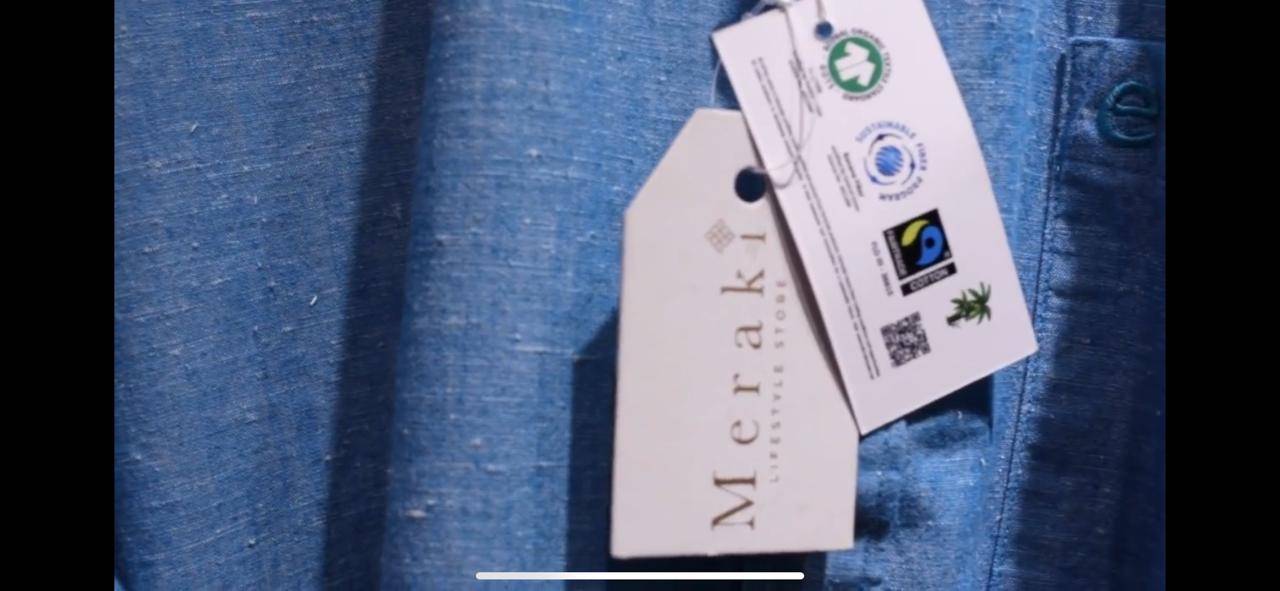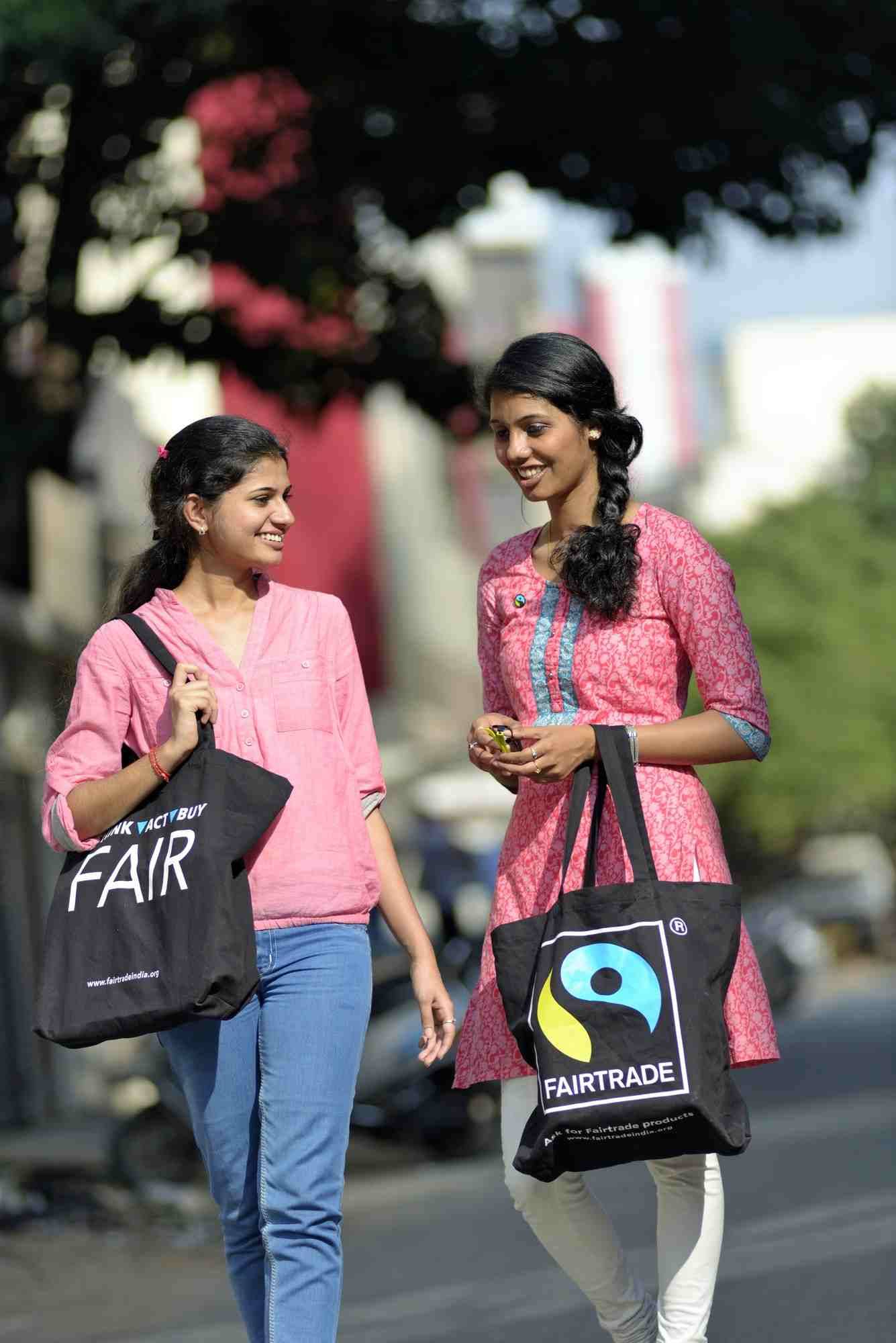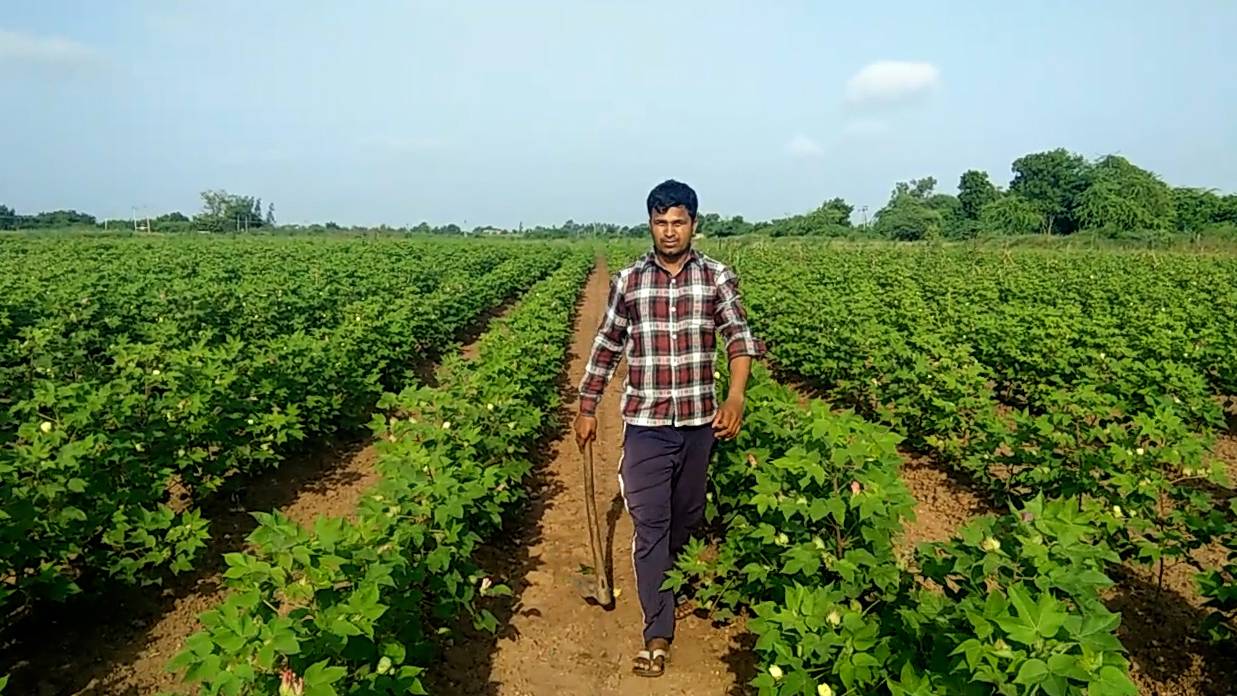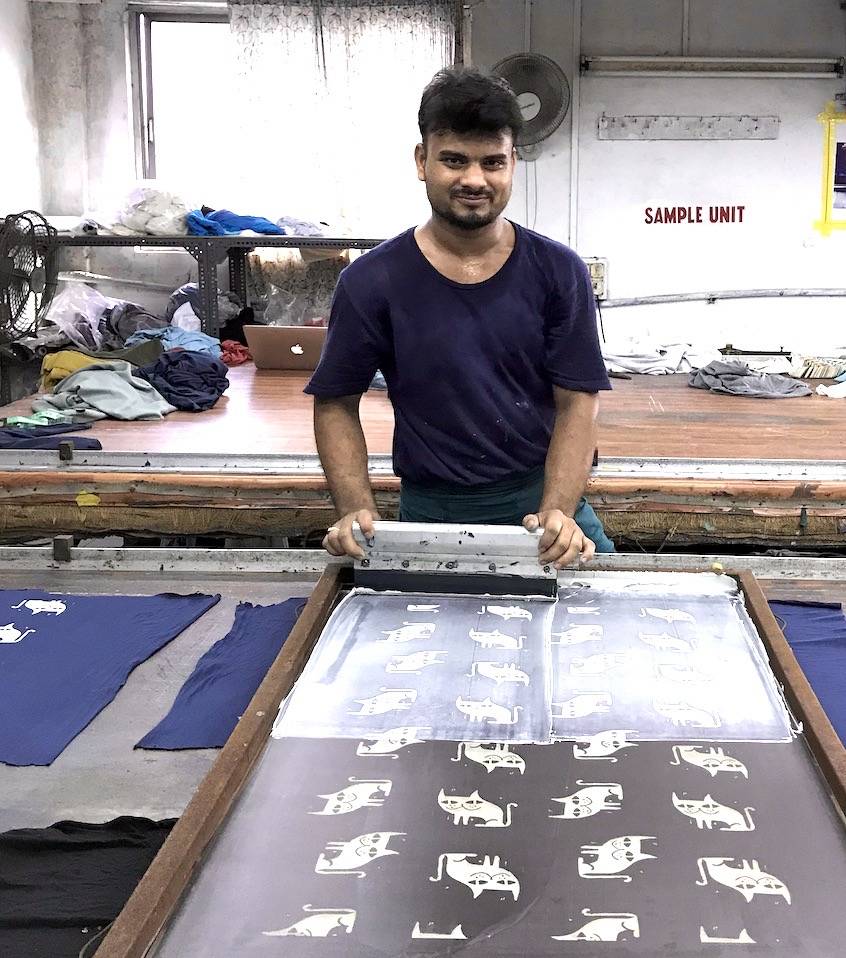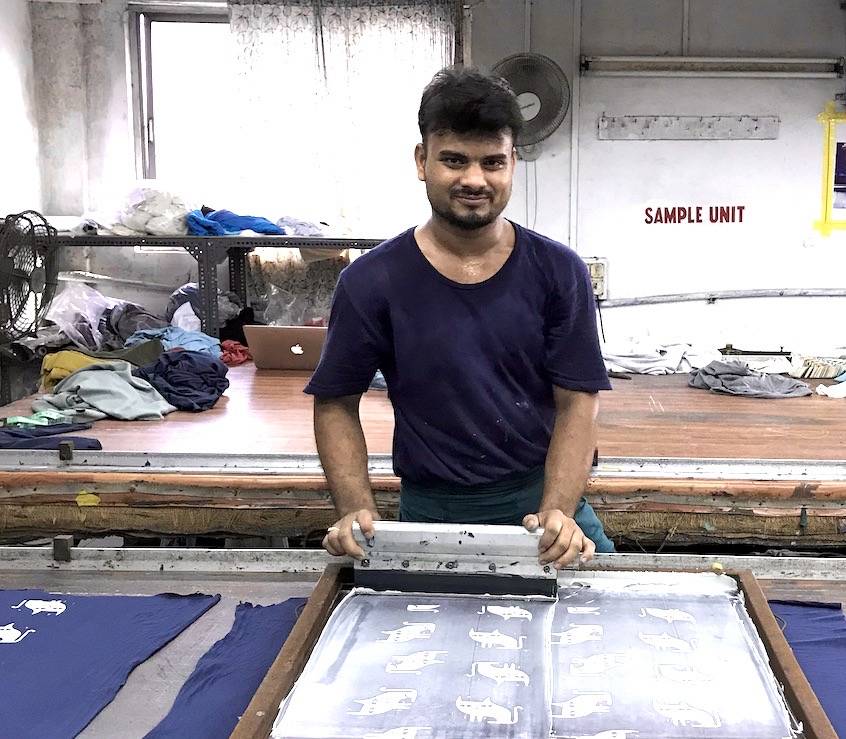
The Challenge
Asia is the world’s largest textiles producing region, where India’s textile industry exports more textiles-based products than all other countries, after China. More than 300,000 registered MSMEs operate in the Indian textiles and apparel sector. India’s cotton textiles industry is subject to severe ecological and social problems throughout the supply chain. Addressing the sustainability is becoming increasingly pressing for the Indian cotton textile industry to meet the demands of global brands and retailers, sustainability-conscious consumers as well as legislators worldwide.
The key challenges for improving sustainability are a lack of reliable data and transparency to enable sustainable value chains; limited awareness and knowledge about sustainable production practices and technologies; doubts about a valid business case for switching to sustainable and circular production processes and its perceived high investment requirements; low market demand for sustainable products and buyers’ price sensitivity in India; missing market linkages to Europe and access to finance to fund the adoption of greener production systems.
The Objectives
The project's objective is to promote adoption and mainstreaming of sustainable production systems in India’s cotton textiles sector by creating an enabling framework, supporting green business development and improving access to green finance.
The project works with multiple stakeholders on adopting sustainable processes, including reduction of water and toxic chemical use, as well as assures their product traceability and adherence to certification schemes. By establishing innovative pilots on resource efficiency and reduced resource footprint as well as training on sustainability certification, cotton and textiles MSMEs will be equipped to adopt sustainable production practices. By working with buyers in India and the EU, market demand for environmentally sustainable textile goods is strengthened. Enabling frameworks are created as well as access to finance facilitated.
The Way Forward
- Improved capacities of MSMEs in the textile sector and cotton farmers in India to adopt more environmentally and socially sustainable production practices throughout the textiles supply chain;
- Market linkages are established with brands and retailers in India and the EU through events and direct contacts; campaigns inform consumers in India and Europe, and access to sustainably produced textiles is improved;
- Increased integration of sustainability parameters in operational and reporting mechanisms to support greater adoption of sustainability practices by textile MSMEs; ESG considerations are integrated and access to finance facilitated;
- The Government of India is supported to incorporate Green and Fair Public Procurement practices – based on good practices achieved by Fairtrade at EU and MS level.
Relation to European Green Deal, Circular Economy and Climate Change
The project addresses EU priority issues as part of the Green Deal and Circular Economy Strategy. It contributes to economic prosperity and poverty reduction by securing and improving employment for sector workers, while improving their and surrounding communities’ health. By also targeting the Indian exports to Europe, it considers EU Trade policy which prioritises sustainability considerations. In addition, the project has synergies with two policy focus areas of the European Green Deal:
- Eliminating pollution: keep water streams clean and preserve biodiversity in lakes, rivers and wetlands.
- Sustainable product policy: support the circular design of all products and reduce waste significantly, especially in resource-intensive sectors such as the textile industry.
The project further applies components from the ESG reporting requirements under the EU Green Deal and India’s National Guidelines on Responsible Business Conduct.
Duration:
2022-2026Total Budget:
EUR 1.983.563,00 (EU Contribution 80%)Contact Detail:
Veronica Perez
Project Manager, Fairtrade International
Mr. Abhishek Jani
Project Manager, Fairtrade India
Email: [email protected]
Lead Partners
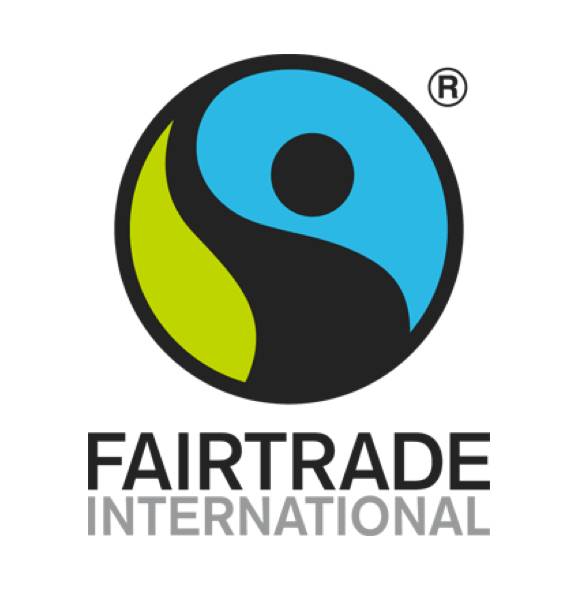
Fairtrade International
Partners

Centre for Social Markets, India
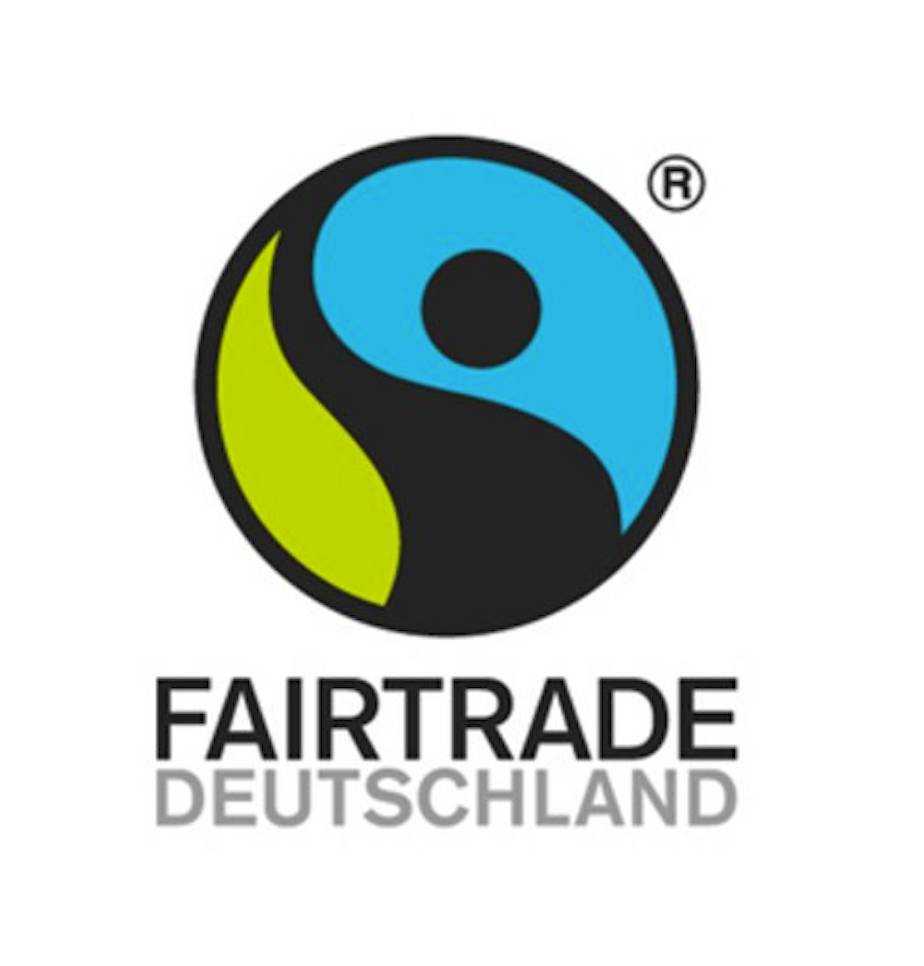
Fairtrade Germany
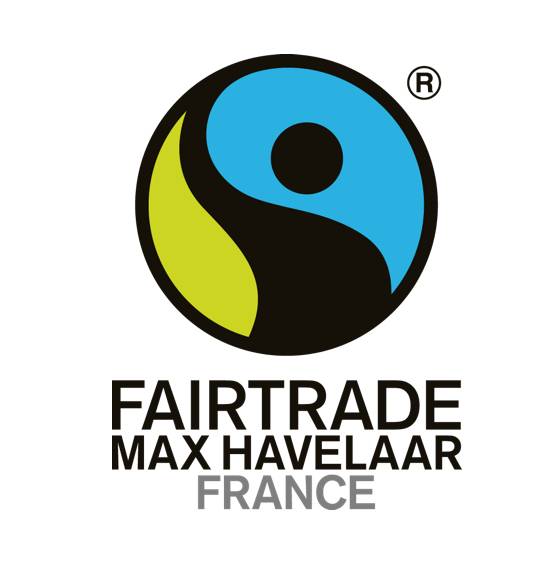
Max Havelaar France Association, France


